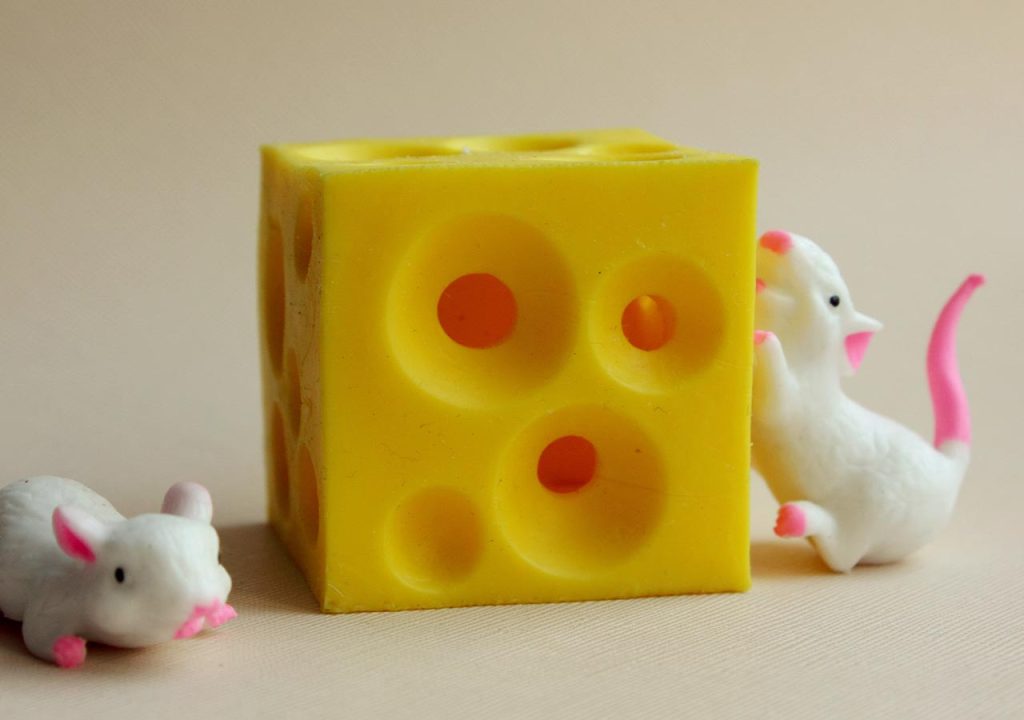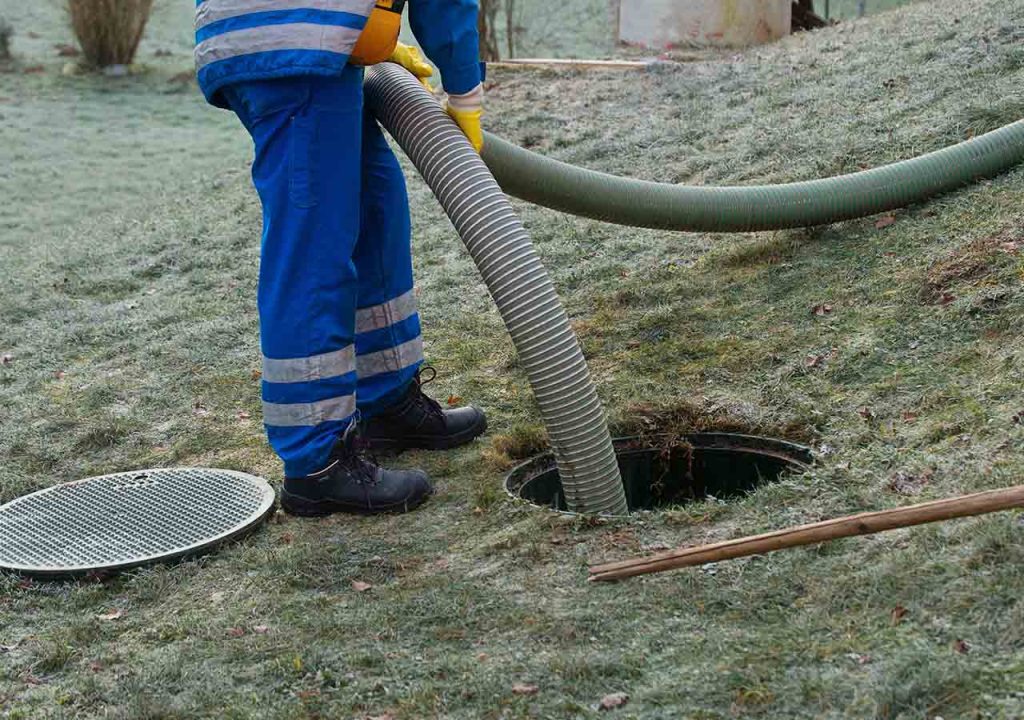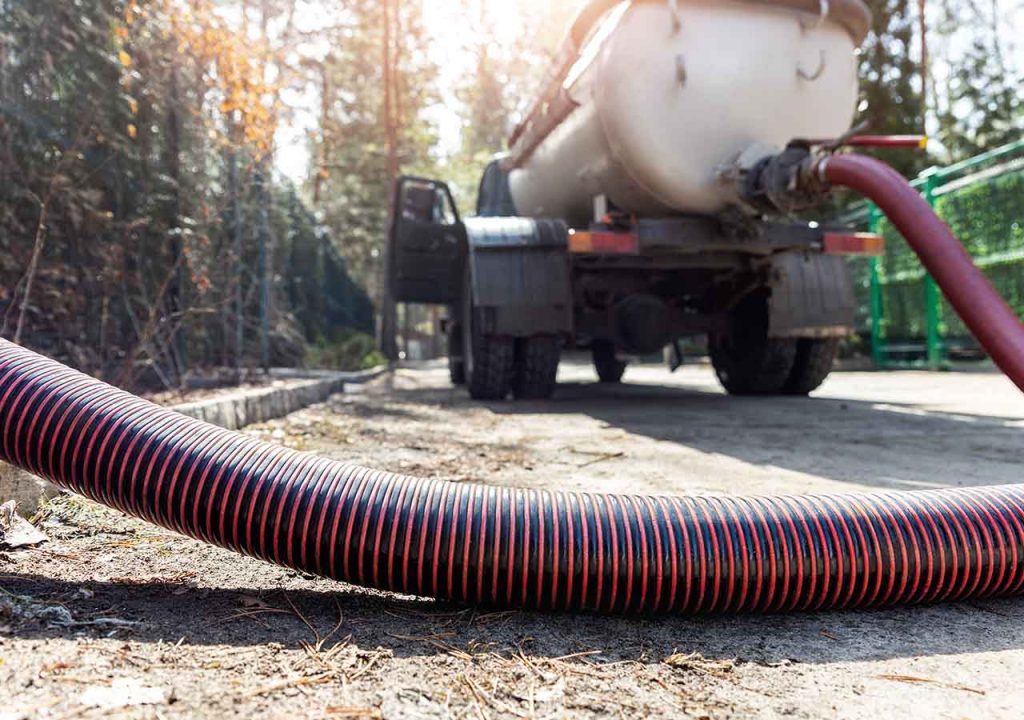Debunking old wive’s tales on septic tanks
Septic tanks are an invention that dates back one hundred and fifty years, back to a time when most people didn’t know how they worked. As a result, traditions or ‘old wives’ tales’ started to creep in on how to care for a septic tank. Here at Septic Tank Services, we call these traditions or myths “dodgy advice” and we would most like to put a stop to them!
Proper maintenance and management of septic systems is what is needed to prevent costly repairs, protect the environment, and ensure the health and safety of your household. Do not – I repeat – do not follow these myths!
Myth #1: The dead chicken

One of the most bizarre and widely debunked myths is adding a dead chicken into your system. The idea is that tossing a dead chicken into your septic tank once a year will introduce enzymes that aid in breaking down waste. However, there is no scientific basis for this practice. Enzymes necessary for the breakdown of waste are naturally present in the septic tank due to the bacteria already thriving there. Adding foreign substances like dead animals can disrupt the delicate microbial balance and potentially cause more harm than good
Myth #2: The dead mouse

Continuing a macabre theme, we’ve also heard that people thought it a good idea to throw a dead mouse down your toilet. This is because they have some kind of magical microbial properties. Again, just like the chicken, can we ask you not to throw animals around your pipes. Doing so will achieve nothing positive and might even cause blockages.
Myth #3: Leaving 10% of sludge when pumping

Another myth that has been perpetuated is the notion that leaving around 10% of sludge at the bottom of the tank when pumping is beneficial. The idea behind this is that the retained sludge helps restart the microbial activity in the tank more quickly. In reality, leaving sludge behind can lead to clogs, smells, and an overall decrease in the tank’s efficiency.
Myth #4: You don’t need to pump your tank at all

Some companies promote products which they tell you means you won’t have to pump out your tank any more. These additives, they say, completely digest your sewage, meaning there will be nothing left to pump.
Oh if only that were true, how easy our lives would be! The fact of the matter is that there is nothing which can completely eliminate all your waste from your septic tank. A regular pump out is vital to ensure there is no buildup of dangerous gasses, and to keep your tank running smoothly for years to come.
Effective Septic Tank Management
Now that we’ve cleared up a couple of old wives’ tales, let’s focus on practical and effective methods to manage your septic tank:
- Regular pumping: Contrary to the idea of leaving sludge behind, regular pumping is essential for maintaining your septic tank’s efficiency. The frequency of pumping depends on factors such as household size, tank size, and water usage.
- Mindful water usage: Excessive water usage can overload your septic system, leading to potential backups and reduced treatment efficiency. Spread out laundry and dishwasher loads, fix leaky taps promptly, and consider installing low-flow fixtures to conserve water.
- Proper waste disposal: Be cautious about what you flush down the toilet or drain. Non-biodegradable items like sanitary products, wipes, and grease can clog your system and hinder its function.
- Regular inspections: Schedule regular inspections of your septic system by professionals. They can identify early signs of issues and recommend appropriate solutions.
Effective septic tank management is based on science, best practices, and a commitment to maintaining a healthy microbial ecosystem within the tank. While old wives’ tales might sound intriguing, they often lack scientific backing and can lead to more harm than good. By adhering to proper maintenance routines, mindful water usage, and seeking professional advice when needed, you will soon learn the best ways of how to care for a septic tank. If you’d like to know more, please get in touch.
